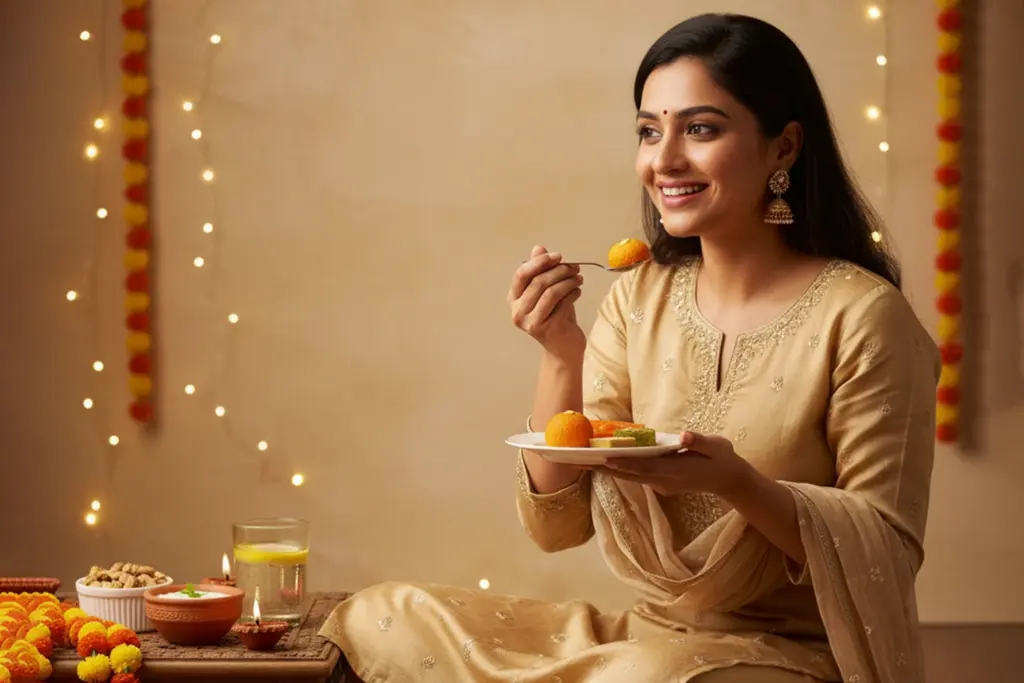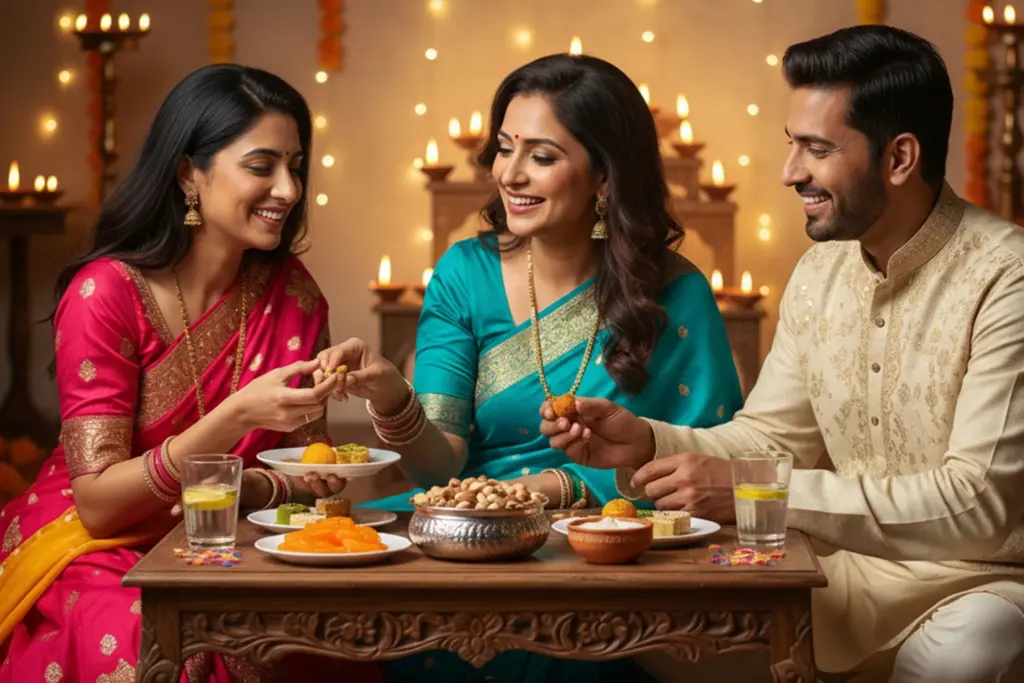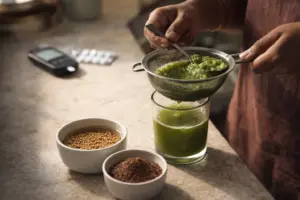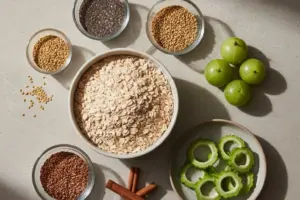
Diwali sweets for diabetics: Festivals glow with family, lights, and yes, sweets. From laddoos to jalebis, it hardly feels like a celebration without them. However, if you’re monitoring your blood sugar levels, this season can present challenges. Do you refuse every mithai and feel left out, or eat first and stress later about spikes? You don’t have to choose between joy and health.
With a few smart festive eating habits, you can savour your favourites without sending your sugar levels on a roller coaster.
Also Read | Can you eat sweets if you have diabetes?
Why sugar spikes happen during festivals:
Most festive sweets are made with:
- Refined sugar
- White flour (maida)
- Ghee or oil
This high-carb and high-fat combo is energy-dense and can push blood sugar up quickly, especially with bigger portions. However, with a few smart choices and portion control, it’s possible to reduce the impact while keeping the celebrations sweet.
Choose smarter sweets:
Not all sweets affect blood sugar the same way. Some are gentler than others. Better picks include dry-fruit laddoo and coconut barfi made with a little jaggery, while deep-fried, sugar-soaked options like gulab jamun are best limited. If you’re making mithai at home, swap refined sugar for stevia or use jaggery sparingly.
Control portion size:
Festive joy often arrives as big thalis and overflowing sweet boxes, but the simple trick is portion control. Cut one large piece of barfi into two, share sweets with family instead of eating them all yourself, and slow down to savour each bite.

Pair sweets with protein and fibre:
Eating sweets on their own can spike your blood sugar quickly, but pairing them with protein or fibre slows absorption. Have a piece of mithai with a handful of nuts or curd, or enjoy a laddoo after a high-fibre meal like roti–sabzi–dal. This way, you still get the taste while keeping sugar swings in check.
Do not skip meals beforehand:
Skipping breakfast or lunch to “save calories” for a festive dinner usually backfires. Extreme hunger makes you eat faster and in larger amounts, especially sweets, leading to bigger sugar spikes. Instead, eat balanced, light-but-filling meals throughout the day. Include roti–sabzi–dal, curd, salads, or a protein-rich snack so you arrive at dinner satisfied and in control.
Stay hydrated:
Dehydration can worsen sugar spikes, and festival time often means extra coffee or soft drinks. Sip a glass of water before and after meals, and try infused water with lemon or mint for a refreshing twist.
Also Read | What lifestyle shifts can manage type 2 diabetes? A doctor’s guide
Festivals are about happiness, togetherness, and celebration. Food is part of that joy, and sweets hold a special place in our traditions. The goal isn’t to avoid them completely but to enjoy them wisely. With smart swaps, smaller portions, good timing, enough hydration, and a little movement, you can celebrate fully without stressing about sugar spikes.








